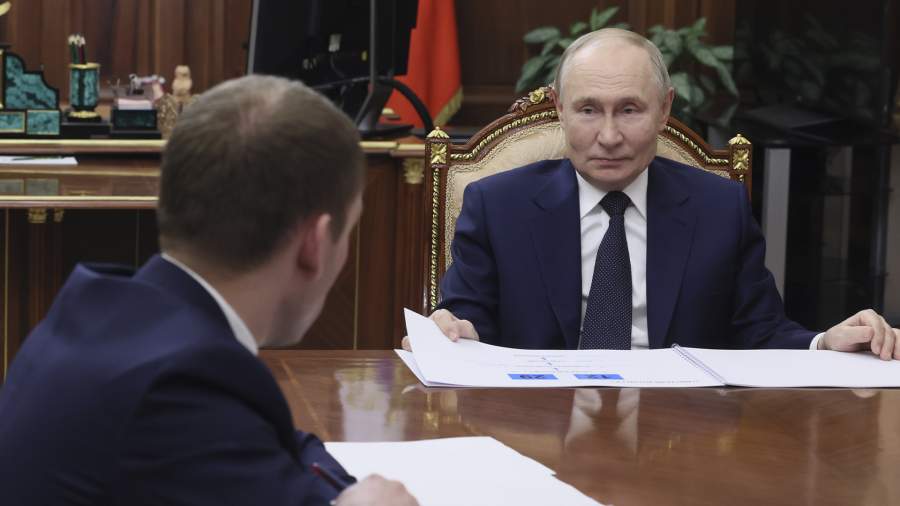Climate change has led to an increase in fire-prone areas in Russia

Climate change in Russia has led to fires in the northern regions of the country, where previously there were no such problems. This became known following a working meeting between Vladimir Putin and Minister of Natural Resources and Ecology Alexander Kozlov. In addition to this topic, special attention was paid to the national project "Ecology". Kozlov reported on the construction of 126 wastewater treatment plants and the growing number of cities that participate in the project to reduce emissions into the atmosphere.
What was discussed at the meeting
Climate change, which is happening before our eyes, is already affecting many areas and it will only get worse in the future, Alexander Kozlov said at the beginning of the conversation with the president. Desertification processes are accelerating and heat waves are being felt. Last summer was among the top 5 hottest in the last 45 years.
In this regard, the Ministry of Economy, on behalf of the president, is collecting adaptation plans for all regions and industries, as this issue concerns housing and communal services, the condition of roads and enterprises. "And we want to look at adaptation plans for the forest in order to understand how the industry balance should be regulated based on the data we receive and see these changes," said Alexander Kozlov.
A clear climate change is evident in the fact that today fires are observed in places where they did not exist before. "We see that we are burning — especially in Yakutia, this is clearly visible — where there has never been a fire, that is, in the north, the north is flaring up, and it is clear that the climate is changing," the minister said. Against this background, the Ministry of Finance has increased funding for the Krasnoyarsk Territory and Transbaikalia to fight fires.
The Minister drew the President's attention to a number of problems that are being solved within the framework of the national Ecology project. These are municipal waste, reduction of hazardous emissions into the air and construction of sewage treatment plants. Today, about 55% of waste is sent for processing, 14% is disposed of, and landfill sites have been reduced by 17%. "Our regions have done a good job over this period of time, more than 300 facilities have been built for integrated treatment," Kozlov reported. Their number is planned to increase to 400 by 2030.
The Clean Air project, which involves 41 cities, solves the problem of reducing emissions into the atmosphere. For this, comprehensive plans are being drawn up, with the help of which each governor must work with regional enterprises to reduce emissions. The President noted that consistent actions and discipline are needed in this area in order to fulfill the state's plans on time.
Finally, Kozlov announced the creation of 126 wastewater treatment plants, including on the Volga and on Lake Baikal. Personal work is underway with the governors on each of them.
Переведено сервисом «Яндекс Переводчик»

